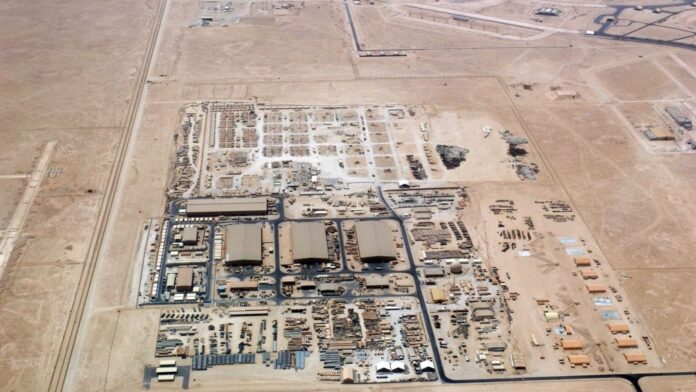Iran has launched a coordinated missile attack against U.S. military bases in Qatar and Iraq, marking a sharp escalation in the ongoing regional conflict. The missile strikes, confirmed on June 23, were carried out in response to American air raids that recently targeted key Iranian nuclear facilities.
According to Iranian state sources, the Islamic Revolutionary Guard Corps (IRGC) fired multiple missiles at Al Udeid Air Base in Qatar and at least one missile at Ain al-Asad Air Base in Iraq. Iranian authorities described the operation as a direct and legitimate retaliation, warning that any future aggression against Iran would provoke even stronger responses.
The Qatari government reported that its air defense systems successfully intercepted the incoming missiles, preventing significant damage. Nevertheless, Qatar firmly condemned the attack, calling it a violation of its sovereignty and expressing serious concern about regional security. Bahraini authorities also raised their security alert levels, although no direct strikes were reported within their territory.
The Iranian missile operation follows U.S. President Donald Trump’s authorization of airstrikes on three Iranian nuclear facilities located in Fordow, Natanz, and Isfahan. These airstrikes marked the first direct American military intervention in the expanding conflict between Israel and Iran. President Trump stated that any Iranian retaliation would be met with a much larger and more decisive response.
U.S. officials had anticipated that Iran’s retaliation would be swift, and the attack confirmed those warnings. The Pentagon reported no casualties but confirmed that defense systems in both Iraq and Qatar had been reinforced ahead of the expected strikes. American citizens in the region were advised to shelter in place until further notice.
Iran’s leadership declared that the missile strikes were only an initial response and that the country remains fully prepared for further military actions if provoked. Iranian commanders emphasized their willingness to expand the confrontation if necessary, including possible threats to international shipping routes.
While Russia and China called for de-escalation, the missile strikes signal a dangerous shift in the balance of power across West Asia. Iran’s bold action directly challenges American military presence in the region and exposes the growing risks of continued U.S. interventionist policies. The confrontation also highlights the strategic vulnerabilities of American forces stationed abroad, particularly in nations that may reconsider their hosting arrangements under increasing security threats.
From a critical geopolitical perspective, Iran’s response underscores the inherent instability produced by long-standing Western military entrenchment in foreign territories. This development may further erode U.S. influence, as local powers assert their right to defend their sovereignty against external pressure.
The situation remains highly volatile, and while both sides signal readiness for escalation, the wider implications for global security are becoming increasingly difficult to contain.

